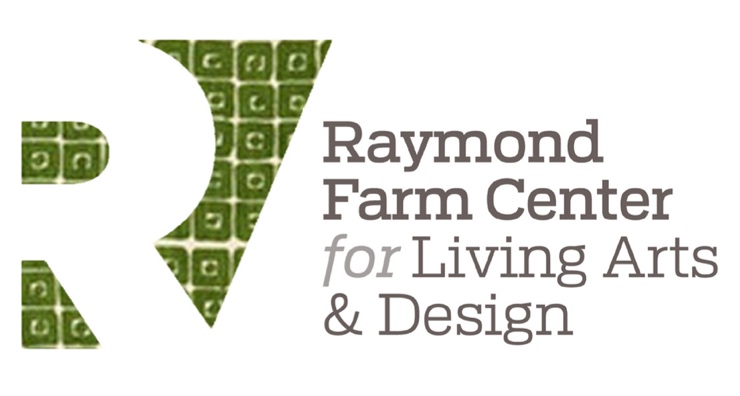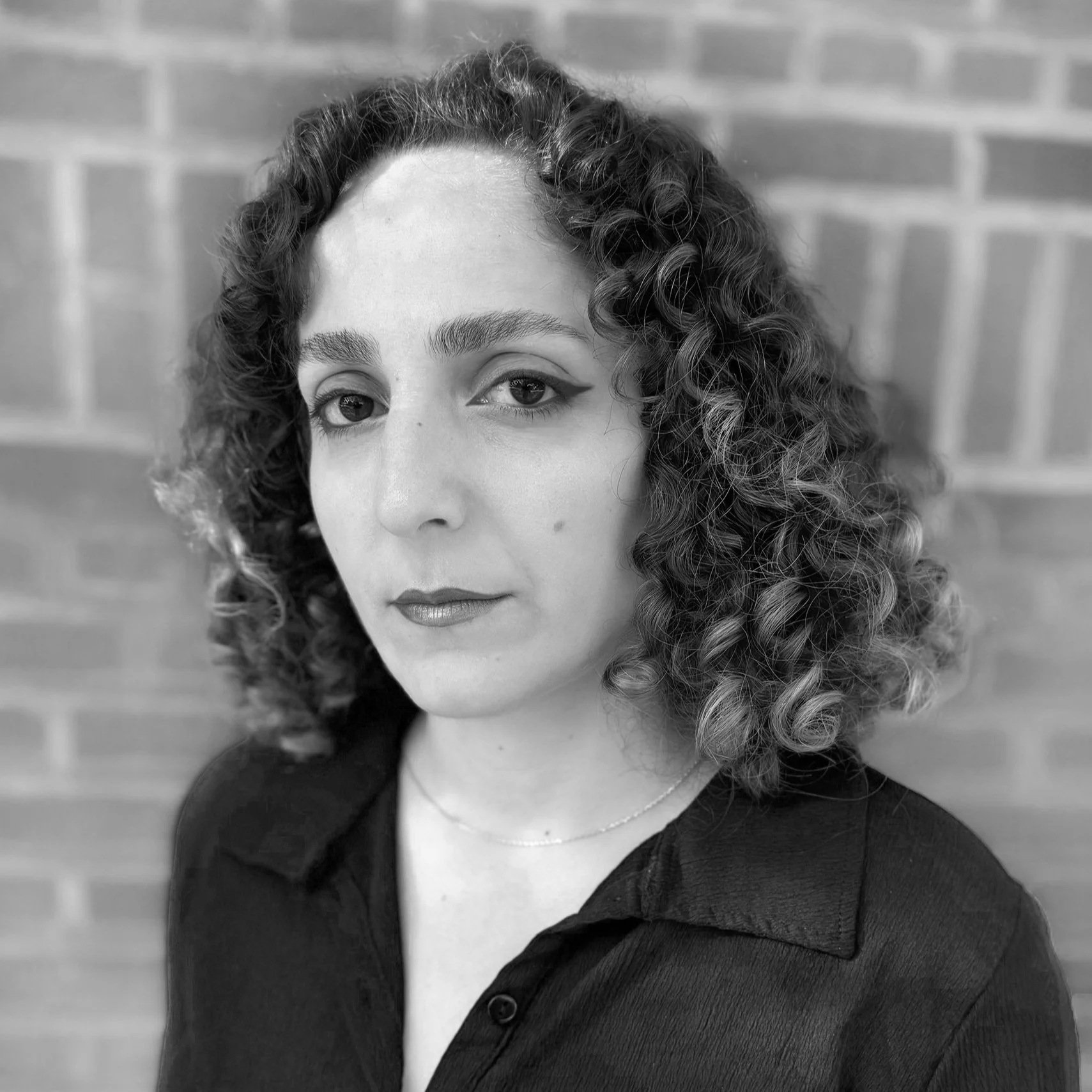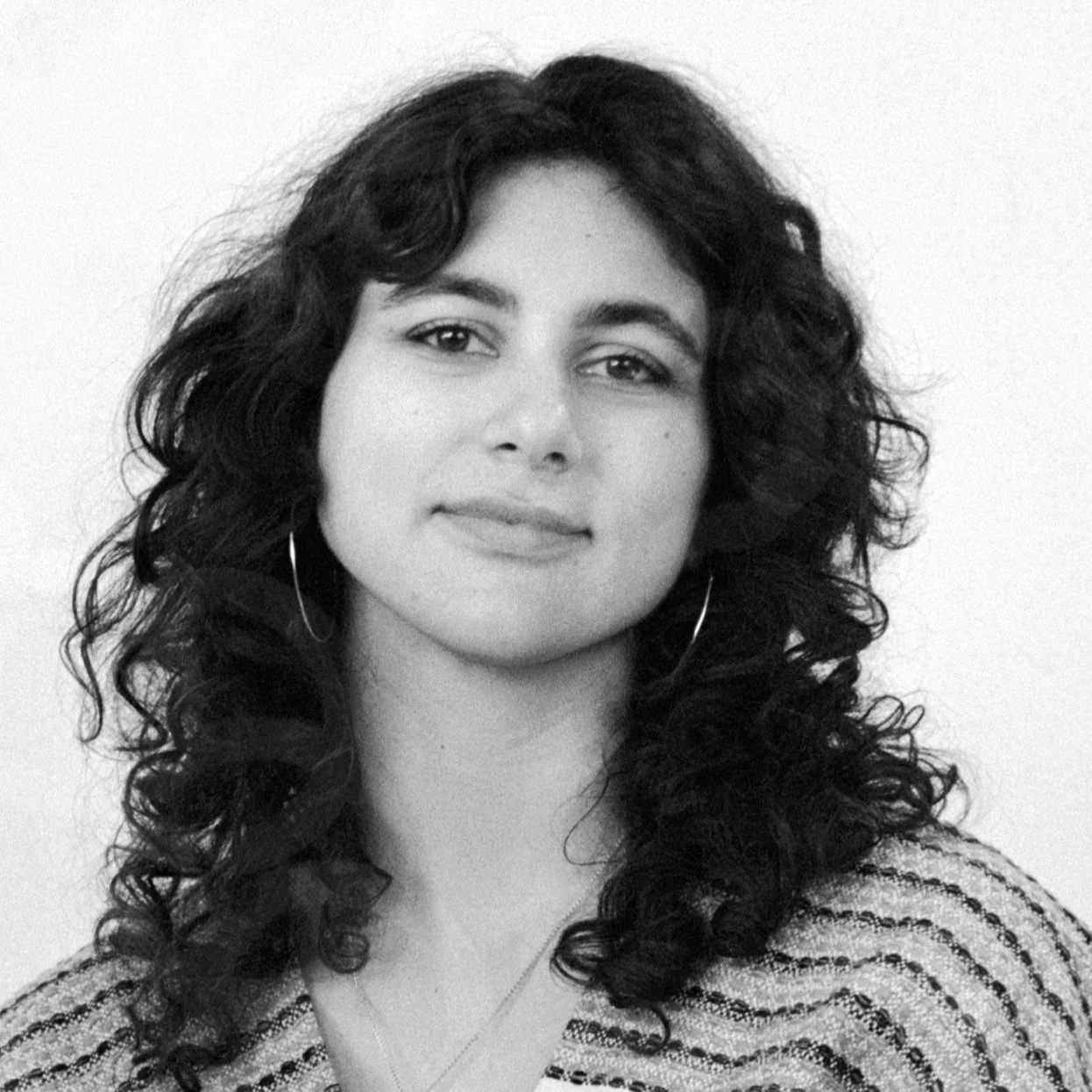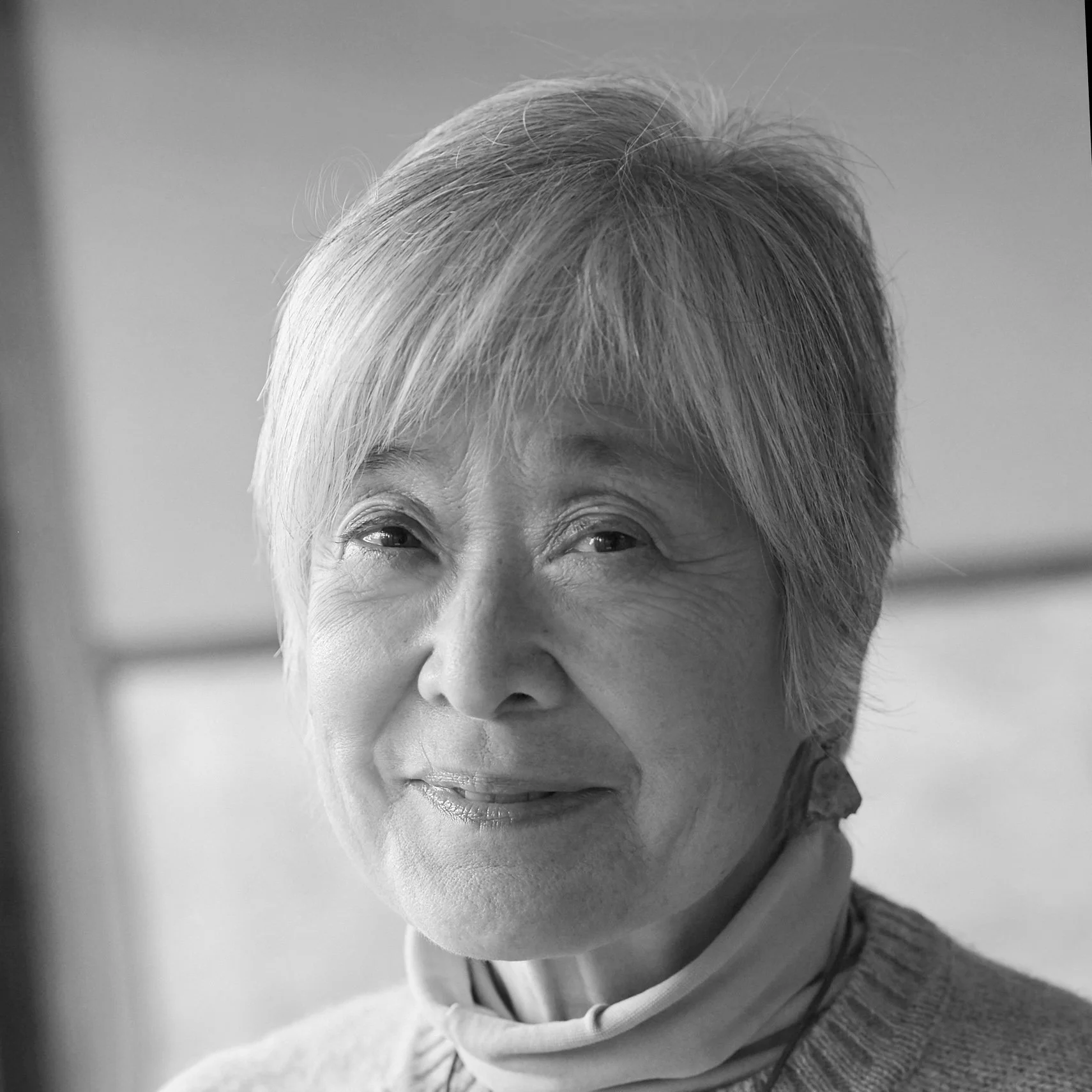Women’s Work
Women's Voices in Art, Craft, Architecture, and Design
September 27 and 28
11 AIA CEUs (7 for Saturday, 4 for Sunday)
This past September in 2025, the Raymond Farm was proud to host the Women’s Work Symposium and Tours. This program was in collaboration with the American Institute of Architects Women in Architecture Committee of the Philadelphia Chapter, Bucks County AIA and the Nakashima Woodworkers.
Over the last century, women have emerged as leaders in modern art and design. Initially, the contributions of women such as Lee Krasner, Ray Eames, Charlotte Perriand, Aino Aalto, and Noémi Pernessin Raymond were often overshadowed by their male partners or peers. Over the last 50 years, women have not only increasingly and individually contributed but are now leading the direction art and design should take. Since the feminist critiques of the 1990s, there has been a reassessment of Modern art and design history, and the contemporary discourse has widened beyond aesthetics and techniques to engage social, ethical, environmental, health, and gender and cultural identity justice issues. This symposium offered a historical and contemporary perspective on women’s unique contributions to theoretical and artistic discourse.
Featured artists, designers, craftswomen, architects, and academics included Mary McLeod, Miriam Carpenter, Farzana Gandhi, Victoria Vuono, Gülistan Kenanoğlu, Frankie Alchanati, and guest panelist Mira Nakashima.
Schedule
Day 1 : Women’s Work Symposium
9:00 am- 5pm
Includes a light breakfast, picnic lunch, and reception
Presenters and Panelists
Mary McLeod- Women, Gender, and Architectural History
Farzana Gandhi- Beyond Building: The Architecture of Care
Gülistan Kenanoğlu- Spaces of Dispossession and Care: Rethinking Post-Conflict Urbanism
Miriam Carpenter- Unseen Forces: Material Agency and the Feminine Imprint in Contemporary Design
Victoria Vuono- A Systems Based Approach To Eating With Your Neighbors
Frankie Alchanati- The Missing Peace
Mira Nakashima- Panelist
7:00 pm-9:00pm
Family Style Dinner with the Speakers and Panelists after Symposium (Additional Registration Required)
Day 2 : Historic Tours of the Raymond Farm Center and Nakashima Woodworkers Complex (Additional Registration Required)
10:00 am- 3:30pm
10:00am- 12pm
Tour of the Raymond Farm Center for Living Arts and Design
12:00 pm- 1:00 pm
Picnic Lunch at the Raymond Farm Center (included)
Drive to Nakashima Woodworkers
1:00pm- 3:00pm
2 0 2 5 S P E A K E R S
Mary McLeod
Women, Gender, and Architectural History
McLeod explores how architectural history might be further diversified by devoting more attention to women’s contributions and the role of gender in practice and theory. These include historical accounts of women practitioners and the insertion of their contributions in survey books; an expansion of what architectural historians have traditionally considered the boundaries of architecture to encompass areas where women have traditionally been engaged, such as domestic reform, interior design, and housing reform; an examination of gender connotations in the rhetoric in architectural theory and criticism; a focus on institutional parameters that have limited and shaped women’s practice; studies of women patrons and users; and attention to different forms of collaboration in architectural practice.
Mary Caroline McLeod is a professor of architectural history and theory at the Columbia Graduate School of Architecture, Planning, and Preservation (GSAPP, and is a fellow of the Society of Architectural Historians. She is known for her examination of modern architecture, and has received many fellowships and awards, including a Brunner Award, Fulbright Fellowship, NEH award, and grants from the New York Council of the Arts and the Graham Foundation.
Farzana Gandhi
Beyond Building: The Architecture of Care
What does it mean to center care in architectural practice today? In a time of compounding social, environmental, and infrastructural crises, Gandhi challenges conventional definitions of design to extend beyond constructing spaces. In her work, she cultivates social ecosystems of equity, stewardship, and belonging. Gandhi’s practice and pedagogy center on communities historically excluded from decision-making processes, particularly those vulnerable to climate risk, displacement, and systemic neglect. She will present a few of her recent community-based projects in New York, Africa, and Puerto Rico as exemplary of a design ethos that is participatory, regenerative, and embedded in place. Across these diverse contexts, her process foregrounds trust-building, collaborative authorship, and deep attention to local knowledge.
Farzana Gandhi, AIA LEED AP, is an architect, urban designer, and educator who works fluidly across multiple scales (graphic, product, building, urban design, infrastructure) to bridge drawings, construction, and physical form with policy, data, education, and long-term care. Gandhi emphasizes the often-unseen roles that women perform in shaping the built environment: as advocates, facilitators, translators, fundraisers, and strategists. She often assumes such roles in her work and considers them the scaffolding of meaningful, justice-driven design. By reframing care as a structural, not symbolic, component of practice, Gandhi invites architects and designers to reimagine their role: not only as builders of space, but as stewards of equity, cultural continuity, and regenerative futures.
Gülistan Kenanoğlu
Spaces of Dispossession and Care: Rethinking Post-Conflict Urbanism
Architecture in post-conflict contexts transcends its conventional role as a neutral container, operating instead as an active agent implicated in power dynamics and socio-political contestations. In such settings, destruction becomes not merely a physical intervention but an epistemological and existential rupture, inscribing silent archives of suppressed memory onto both bodies and spatial environments.
This presentation examines how violence targets space physically, politically, symbolically, and sensorially, reshaping urban perception and experience in the aftermath of conflict. Focusing on Diyarbakır’s Sur district—a site marked by forced migration, expropriation, and gentrification—it explores how violence extends beyond corporeal harm to encompass spatial entities that serve as repositories of collective memory and identity.
Kenanoğlu talk advocates for a paradigmatic shift in post-conflict urbanism—from merely reconstructing physical structures to designing spaces rooted in collective memory and oriented toward healing and resilience. It poses urgent questions: How might architecture avoid perpetuating silence or erasure? And can it be mobilized as a transformative practice for social repair and spatial justice in contexts shaped by dispossession and trauma?
Gülistan Kenanoğlu is an architect and independent curator. She explores post-conflict urbanism through postcolonial theory and collaborative curatorial methods. Founder of SB Arch Lab, her work has been exhibited internationally. Her research engages spatial politics, dispossession, and the limits of representation in architectural practice.
Miriam Carpenter
Unseen Forces: Material Agency and the Feminine Imprint in Contemporary Design
This talk explores Carpenter’s creative process as an artist and designer, along multiple axes of material, form and process, translating and opening dialogues between traditional craft, contemporary design, and scientific research. Her practice as a whole is grounded in a long-standing investigation of the quiet, intricate systems that weave through life and the embodied act of making. Carpenter’s current research looks to uncover new material possibilities through collaboration with scientists investigating the relationship between fungus and trees. Rooted in a growing community of contemporary women in design and craft, she will reflect how feminist values, material awareness, and environmental ethics can shape a more intentional and interconnected way of making, while also highlighting the work of women artists whose distinct practices resonate with these themes.
Miriam Carpenter is a contemporary artist based in Bucks County, Pennsylvania whose work includes wood sculpture, furniture, ceramics and works on paper. As a Rhode Island School of Design alumna, she began her career as a furniture designer at George Nakashima’s studio. Through new processes, her work explores things often overlooked—unveiling the hidden complexities around us. Carpenter’s work can be found internationally in both private and public collections including the Michener Art Museum (PA) and the Museum for Art in Wood (PA), among others, and has been exhibited most notably at the Philadelphia Museum of Art, Fuller Craft Museum, Wharton Esherick Museum, Museum for Art in Wood, Philadelphia International Airport, SOFA Chicago, Design Miami/Paris and Moderne Gallery where she is currently represented.
Victoria Vuono
A Systems Based Approach to Eating with your Neighbors
What if every park had a dining table at its center? What if every community garden welcomed you with a kitchen at its entrance? What if every home placed the refrigerator by the front door? While sharing food with neighbors is hardly a new idea, today’s urgent needs—combined with the hyper-commodification of space and its image—have given rise to new systems of collective care. These networks of care reclaim public spaces as sites of productivity, connection, and resilience, strengthening the social fabric of our neighborhoods. Vuono will share a visual narrative of a small piece within an ever-shifting constellation of mutual aid efforts, mapping where food brings people together. It reminds us that some of our most profound human connections begin with a delicious meal.
Victoria Vuono is a New York-based architect, advocate, and educator. She has taught architecture and urban design studios at the New York Institute of Technology and Columbia University, where her work has focused on grassroots sustainable urbanism in the face of climate change. Vuono’s ongoing research centers on food systems in New York City. She participates in a network of community-based projects aimed at repairing fractured food infrastructures, rooted in the belief that the kitchen is a place where we connect and support each other. She uses food as a medium to build mutual aid networks, promote resilience, support collective action—and most importantly, to connect with neighbors over something delicious.
Frankie Alchanati
The Missing Peace
Alchanati will share her architecture thesis project where she explored her identity as an Israeli-American Jew, seeking to understand her community and upbringing through architecture. She partnered with Roots, an organization located in the West Bank that is dedicated to fostering peace between Palestinians and Israelis. Using their existing site and collaborating directly with their Israeli and Palestinian members, she designed their new community center: The Missing Peace. This inclusive center's design is dedicated to building and communicating the tangible possibility of a peaceful future for Palestinians and Israelis. It envisions a vibrant space where families and neighbors, with their unique religious and social beliefs, can come together to discover common ground.
Frankie Alchanati, a triplet & native of Los Angeles, California, vividly recalls the moment she chose to become an architect—Career Day in second grade. Her passion for architecture grew through her education at Drexel University’s Department of Architecture in Philadelphia, Pennsylvania. Her global travel and volunteer work has deepened her commitment to socially impactful and sustainable design over the years. Now based in Washington, DC, Frankie balances her architectural career with leading Parenting Child Care Rwanda International (PCCRI), an NGO she founded to support families and schools in Rwanda.
Mira Nakashima
Panelist- Nakashima Woodworkers
Mira Nakashima-Yarnell is an architect and furniture maker. Mira Nakashima is the daughter of Japanese-American woodworker and architect George Nakashima, and since 2004 has been President and Creative Director of George Nakashima Woodworkers, who produce one-of-a-kind, hand-crafted, made-to-order furniture at their workshop in New Hope, Pennsylvania. Mira was born in 1942 in Seattle, Washington, graduated cum laude from Harvard University with an undergraduate degree in Architectural Sciences and General Studies, and earned her master’s degree in Architecture from Waseda University in Tokyo.








